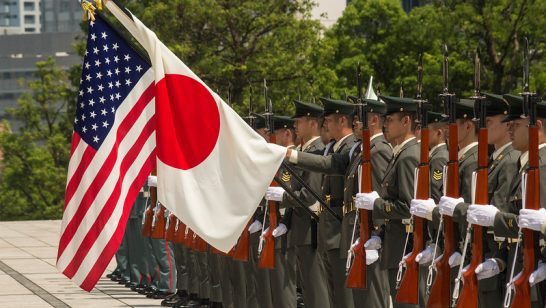
Strategic risk assessment in East Asia: A Japanese view
Nobumasa Akiyama discusses Japanese perspectives of strategic risks in East Asia, including the North Korean threat and navigating Japan’s relationship with China amid great power rivalry.


Nobumasa Akiyama discusses Japanese perspectives of strategic risks in East Asia, including the North Korean threat and navigating Japan’s relationship with China amid great power rivalry.
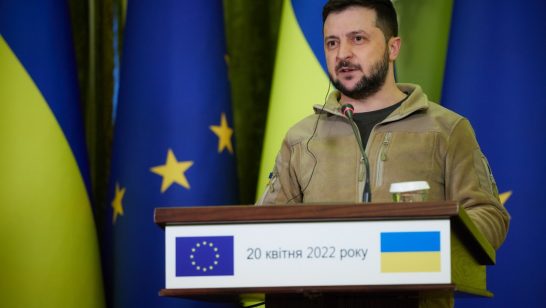
This report comes off the back of a two-day scenario-building workshop convened in October by the European Leadership Network and the Hanns Seidel Foundation in Istanbul. A diverse group of experts from Ukraine, Russia, and wider Europe gathered to explore the implications of several different outcomes of Russia’s invasion of Ukraine on Europe. Read the full report to view the scenarios, participants’ comments, and policy recommendations for European leaders.

North and South Korea are locked in a competitive cycle marked by efforts to balance each other’s increasing military capabilities. Jina Kim explores arms control and crisis stability on the Korean Peninsula and its impact on North Korea’s strategic calculations. The paper offers policy recommendations for South Korean policymakers to address these challenges.

This ELN and APLN policy brief explores the challenges facing Australia, Japan, South Korea, and the UK in their security strategies towards China and North Korea. The paper argues that these security partners must balance deterrence strategies with providing assurances to adversaries.
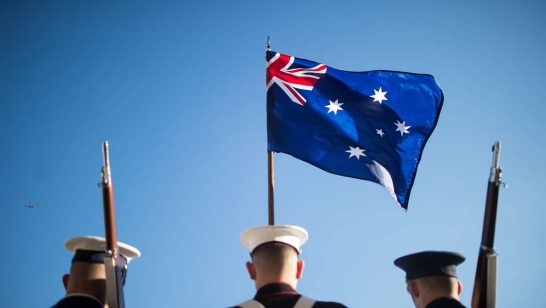
Australia’s deterrence-heavy defence strategy may heighten the risks of inadvertent escalation in the Asia-Pacific rather than mitigate them, writes Brendan Taylor. This joint ELN APLN policy brief makes a number of recommendations to Australian policymakers to avoid failling into a deterrence trap.
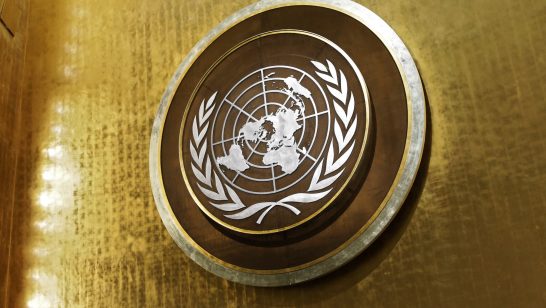
This policy brief outlines key issues as identified by ELN network members that will be at the centre of the 11th Nuclear Non-proliferation Treaty (NPT) review cycle and offers actionable recommendations and pathways to diplomatic success. It also charts some of the different scenarios that NPT states parties will have to consider as they prepare for the 2026 NPT Review Conference.
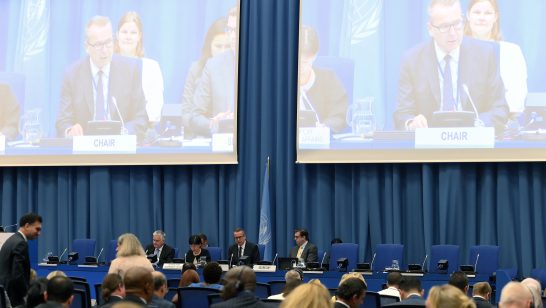
At a moment where the risk of use of nuclear weapons remains dangerously elevated, the PrepComs leading up to the next NPT Review Conference present an opportunity for states parties to begin establishing and advancing an agenda to reduce nuclear risks. Using a scenario-based approach, this policy brief takes stock of current geopolitical dynamics and their implications for the long-term health of the NPT and its review process.

This report explores how hybrid threats manifest in the Arctic, areas that are susceptible to influence, potential targets, actors who wish to shape public opinions, as well as the objectives being pursued. Kertysova and Gricius examine the threat and vulnerability landscape in the Arctic and assesses four key trends that have been observed.
In recent years the US and the UK have said they might deter threats arising from emerging and disruptive technologies (EDTs) with nuclear weapons. This policy shift signals an increased emphasis on nuclear deterrence and challenges the UK’s non-proliferation and disarmament commitments. Instead of aiming to deter the extreme use of EDTs with nuclear weapons, this policy brief argues that the UK and other nuclear weapons states should focus on developing their national resilience to mitigate threats.